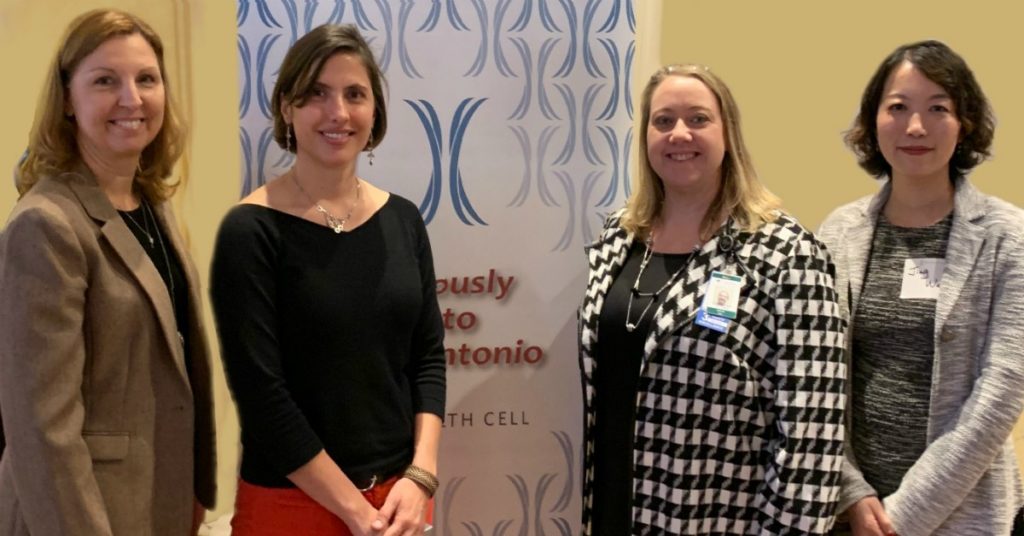March 7, 2019 – SAN ANTONIO – One of the solutions to the nursing shortage is educating new nurses. But, unfortunately, there is a lack of qualified faculty and clinical opportunities for students nationwide, said Galen College of Nursing’s Dean Tara Dailey MSN, RN, who was one of four local experts who participated in “A Conversation About Nursing in San Antonio” on February 27 hosted by The Health Cell.
The panel included Catalina Schultze-Kraft, MSN, RN, Methodist Health Care Ministries of South Texas; Lisa Schmidt, RN, WellMed Medical Management, and Jing Wang, Ph.D., MPH, RN, FAAN, UT Health, San Antonio.
Dailey addressed the nursing shortage and cited a study from the Health Resources and Services Administration (HRSA), which created a model that projected the demand for nurses and health care services through 2030. On a state level, the Texas Center for Nursing Workforce’s data shows even more of a disparity between the supply and demand for nurses in 2030 than the national model, she said.
“It is difficult to find qualified faculty to fill vacant positions and there are many programs competing for limited clinical experiences. Therefore, enrollment capacity is limited,” Dailey said. “According to the American Association of Colleges of Nursing, schools of nursing turned away over 59,000 qualified student nurse applicants for the 2017 academic year. Considering the trends in healthcare, programs of nursing need to look to alternative experiences for students as nursing care happens in many different environments.”
The panel also discussed the social determinants of health. Schultze-Kraft, who is a parish nurse, detailed how her group cares for patients in the home or community versus in a hospital setting. Similarly, Dailey shared how Galen students learn how a patient’s environment might affect their health.
“A diabetic person, struggling with disease management, may not have access to healthy foods. Understanding the cycle of poverty and how patients manage their care and daily lives at home will better equip future nurses in their planning and providing of care,” she said.
Dr. Wang, who is the vice dean for research at UT Health San Antonio, concluded the panel’s discussion by describing the technological approach her university is using within the community. Nurses are becoming innovators, Wang said. She explained that diabetic patients can monitor their condition with a phone app. These technological trends enhance nurses’ skills for patient care.
Each leader brought a different set of experiences and perspectives, but they all recognized a common theme of the discussion: ‘community first.’
“What sets San Antonio apart from a lot of bigger cities is the idea of ‘community first.’ Leaders and community members are working on transportation, which will help people access better health care. They are working on educational initiatives such as connecting seniors in high school to colleges,” Dailey said. “The leaders of the city, from the mayor to business and community leaders are coming together to do what is best for the community. … And nursing is a critical part of the team.”
She wants to take what she has learned from the discussion and implement more technological trends into Galen’s curriculum and foster additional community partnerships.




